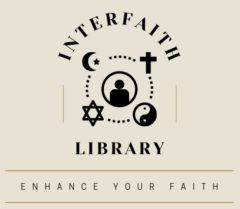Algebra, alchemy, artichoke, alcohol, and apricot all derive from Arabic words which came to the West during the age of Crusades.
Even more fundamental are the Indo-Arabic numerals (0-9), which replaced Roman numerals during the same period and revolutionized our capacity to engage in science and trade. This came about through Latin discovery of the ninth-century Persian scholar, Al-Khwarizmi (whose name gives us the word algorithm).
This debt to Islamic civilization contradicts the claim put forward by political scientist Samuel Huntington in his book The Clash of Civilizations some 25 years ago, that Islam and the West have always been diametrically opposed. In 2004, historian Richard Bulliet proposed an alternative perspective. He argued civilization is a continuing conversation and exchange, rather than a uniquely Western phenomenon.
Even so, Australia and the West still struggle to acknowledge the contributions of Islamic cultures (whether Arabic speaking, Persian, Ottoman, or others) to civilization.
In an initial curriculum proposed by the Ramsay Centre for Western Civilization, only one Islamic text was listed, a collection of often-humorous stories about the Crusades from a 12th-century Syrian aristocrat. But Islamic majority cultures have produced many other texts with a greater claim to shaping civilization.
